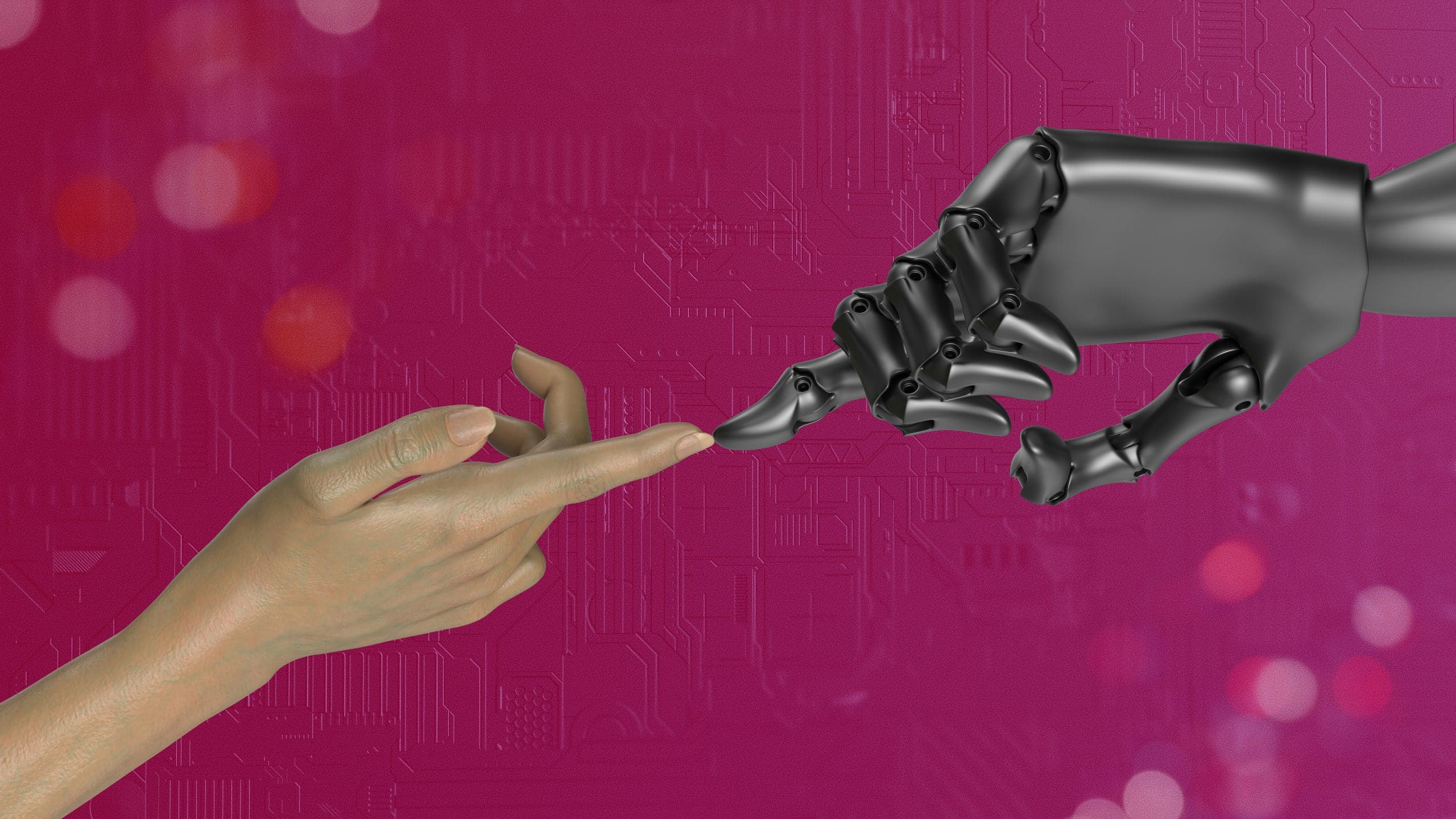In-Short
- AI systems are approaching the ability to gauge and replicate human emotions.
- Emotional AI could lead to empathetic interactions and improved human-AI relationships.
- Platforms like Antix are creating digital humans with artificial empathy capabilities.
Understanding the Emergence of Emotional AI
The concept of artificial intelligence (AI) experiencing emotions is becoming less of a sci-fi fantasy and more of a tangible reality. Current AI systems are already capable of detecting human emotions and, to some extent, mimicking them in interactions. The idea of AI feeling genuine emotions is still a leap, but it’s not inconceivable that future AI could start with basic emotions and gradually develop a more complex emotional spectrum.
Empathy and AI
Empathy, a complex human emotion, could be a significant milestone for AI development. An empathetic AI could revolutionize customer service, education, and mental health treatment by understanding and sharing human emotions. This could lead to AI systems that are more helpful, motivated, and capable of forming deeper connections with humans.
Real-World Applications and Possibilities
Platforms like Antix are at the forefront of creating digital humans that can express artificial empathy. These digital humans can learn and evolve, adapting their responses to individual emotions. With the help of Unreal Engine 5, Antix’s digital humans offer realistic appearances and customizable emotional responses, enhancing the user experience across various scenarios.
The Future of Emotional AI
As emotional AI continues to develop, we can expect more lifelike digital humans that can significantly improve customer satisfaction and learning experiences. The potential for creating immersive and rewarding interactions with AI is vast, promising a future where AI systems not only understand but also feel emotions, leading to more profound human-AI relationships.
For a deeper dive into the future of emotional AI, visit the original source.










